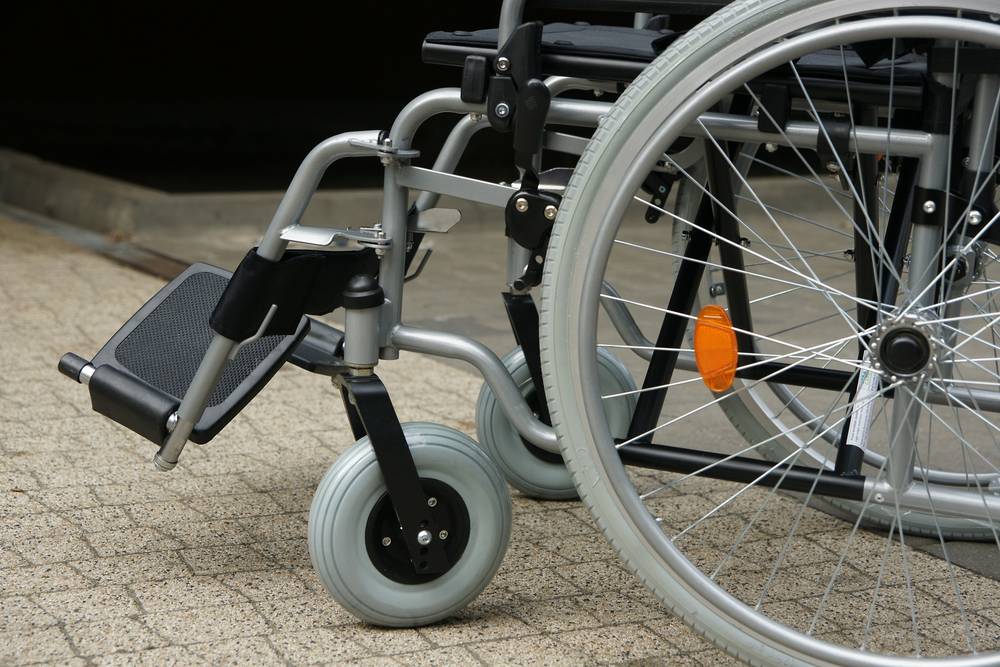Ahead of the Slovenian Day of Paraplegics and Tetraplegics, celebrated on 16th April, the Human Rights Ombudsman Peter Svetina heartily congratulates the Slovenian Paraplegic Association, which has been protecting and enforcing the rights and interests of paraplegics and tetraplegics on the local, national, and international levels for more than 50 years. “The Human Rights Ombudsman as the only national institution for human rights in the country also strives for the comprehensive and quality-based inclusion of tetraplegics and paraplegics in all spheres of society. And with the same conditions other individuals have. We have been continuously warning about the accessibility of public institutions, including schools, municipality buildings, courts, and administrative units for people with movement impairments and about the construction of appropriate public infrastructure. Unfortunately, people with disabilities still too often find themselves facing numerous barriers in public institutions, which was also revealed by our recent Special Report on the accessibility of centres for social work for people with movement and sensory impairments. The situation was checked in all 63 units of centres for social work and we found that it is not optimal, in some cases it is even critical. We found that physical accessibility for people with disabilities is arranged in three quarters of units of centres for social work (CSW). Eighteen units of CSW, for example, did not have toilets for the disabled and people who needed one were directed to toilets in a nearby petrol station or a healthcare institution 170 metres away. Such situation is inadmissible since people with disabilities are thus even more marginalised! All this more than a decade after the enforcement of the Equalisation of Opportunities for Persons with Disabilities Act that stipulates the elimination of architectonic obstacles by December 2025. Hence, we are two years away from the deadline and after almost 15 years since the Convention on the Rights of Persons with Disabilities came into force, many things in this field remain lacking. The state and municipalities have a long way to go in the two years ahead,” emphasises Ombudsman Svetina.
He added that the indifference of those responsible in the country only strengthens his conviction that Slovenia apparently needs an independent body to promote, protect, and monitor the implementation of the Convention on the Rights of Persons with Disabilities.

![[Translate to English:] Invalidski voziček](/fileadmin/_processed_/d/d/csm_invalidski_vozicek_6ed40b6dff.jpg)